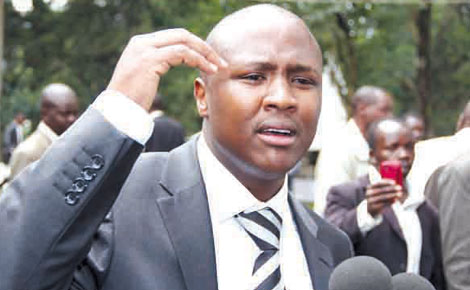×
The Standard e-Paper
Read Offline Anywhere
 |
By Faith Ronoh
Eldoret, Kenya: The standard gauge railway has been billed as the mother of all scandals — bigger than Anglo Leasing and Goldenberg scandals combined.